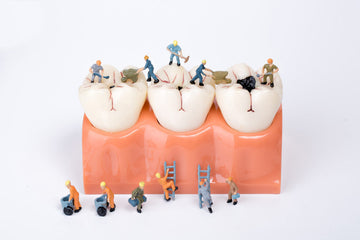From the Dentist’s mouth: How to tell if a tooth restoration is good

A good restoration can be difficult to spot if you’re not one hundred per cent sure what you’re supposed to be looking for. And oftentimes, for a patient, it can be hard to know what that even is. Which is why, in this article, we’re going to tackle all the major components of getting to know and understanding composite bonding, so you know what to look for and how to apply that when differentiating the good cases from the not so great.
So, what should you be looking for?

It all begins with before and after cases of composite bonding. This is the most widely available tool you will have that will help you essentially decide what is a good case, what is an average case, what is a fantastic case and what is a not so good case. This is where the difference between what a professional sees and what a patient sees comes in. Because what you may think is a good case might not be what an aesthetic dentist thinks of as a good case.
" Most, if not all, dentists can perform composite bonding "
There’s one major thing that you should look out for in ultimately, whatever the procedure is, and that is aesthetic improvement. Ask yourself did this treatment bring about an aesthetic improvement? Not just in the small frame but also from a facial point of view.
If the answer is no then you know what makes for a not so good case.
But if there is an aesthetic improvement and that patient has benefited from that particular procedure, then we can start to zoom into the patient’s mouth.
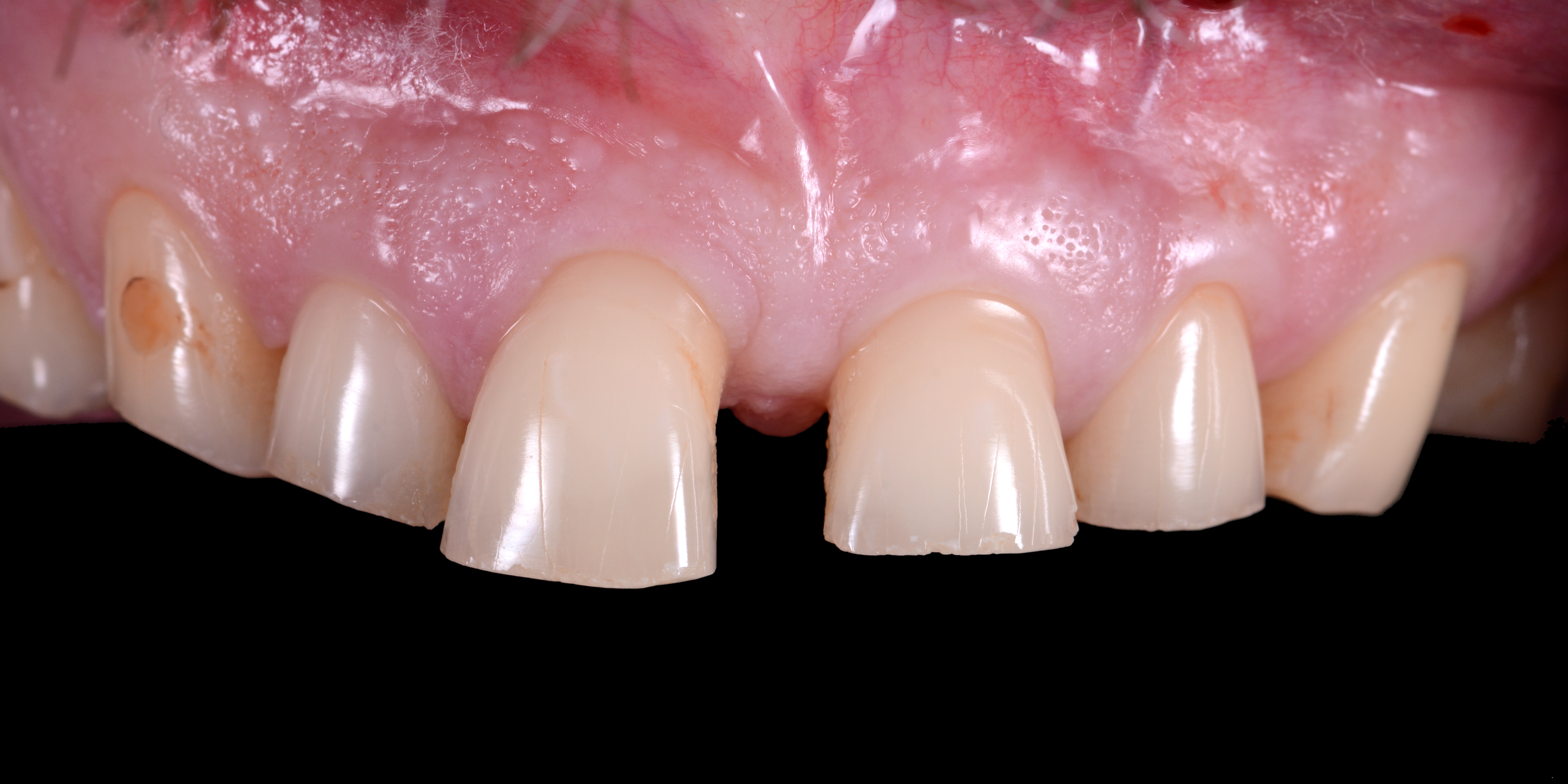
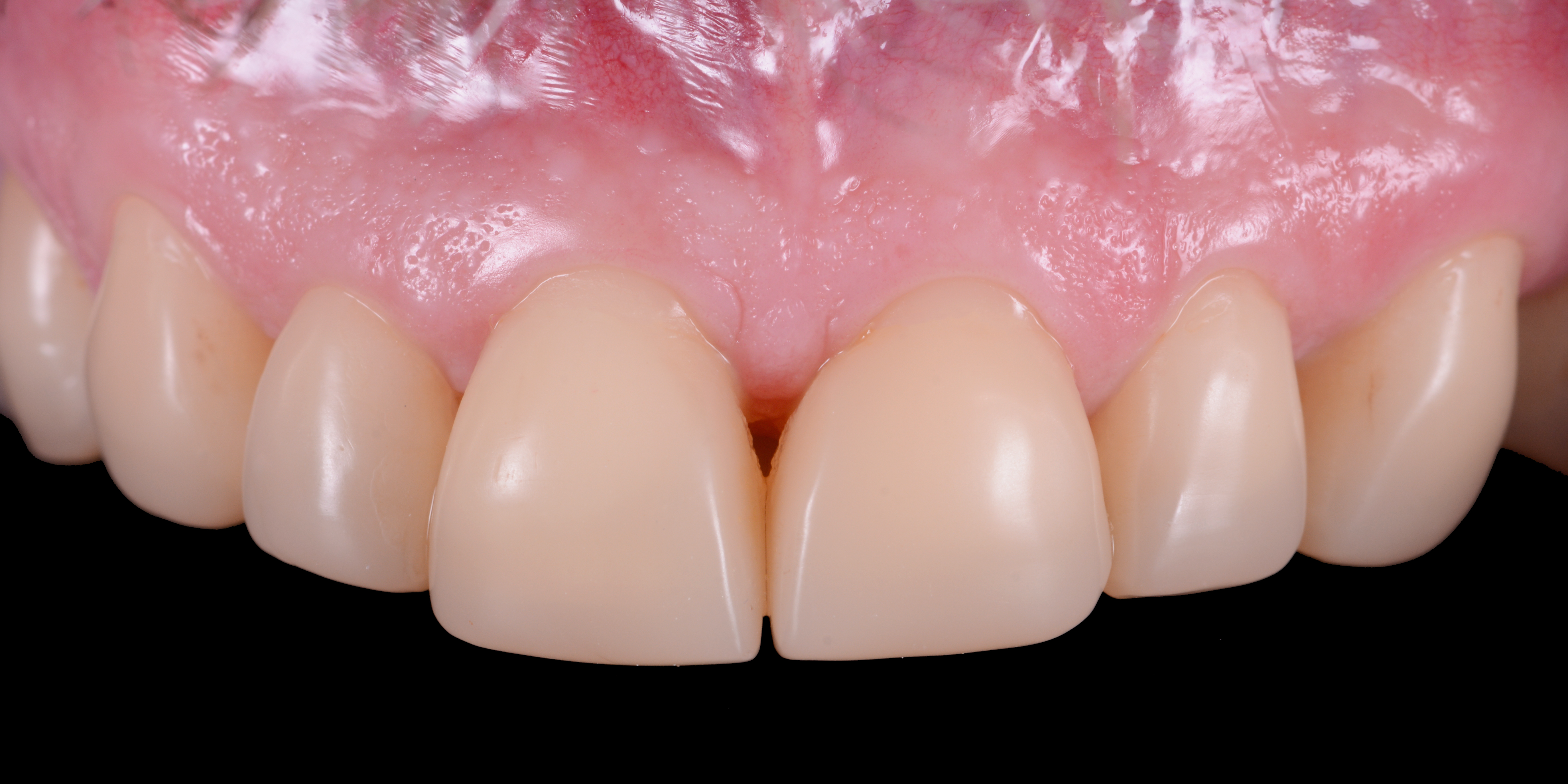
How zooming in will give you more clues
Once you’ve found a case you like, and it’s passed the aesthetic improvement test then you need to begin looking for symmetry in the teeth and a nice shape.
Ideally, the front two teeth should be symmetrical. And apart from that we should be looking for nicely flowing teeth and the colour should be in harmony with the rest of the patient’s teeth.
Last but not least, we should be looking for smooth surfaces and we should also be looking at the width and the length of the teeth to make sure that the shapes and sizes of the teeth fit the patient’s face.
From that you will essentially be able to see the dentist’s level of skill in composite bonding. And you’ll know what’s been executed well and what hasn’t been.
Here’s the two key areas that you need to keep your eye on:
- Between the teeth
- And where the composite finishes towards the gum line.
The reason why you want to look at these areas in particular is because they tend to be the two areas that most dentists struggle with.
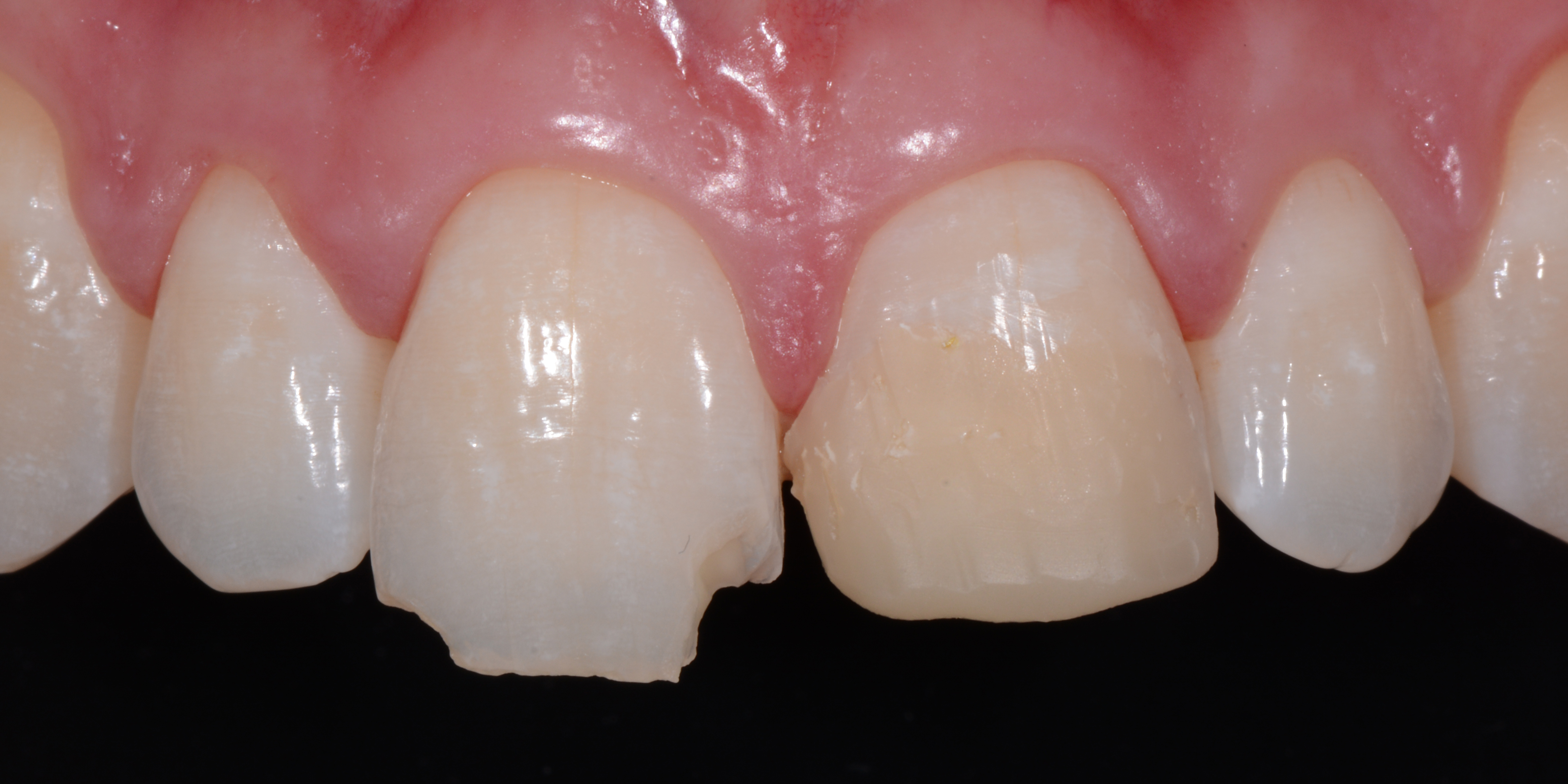
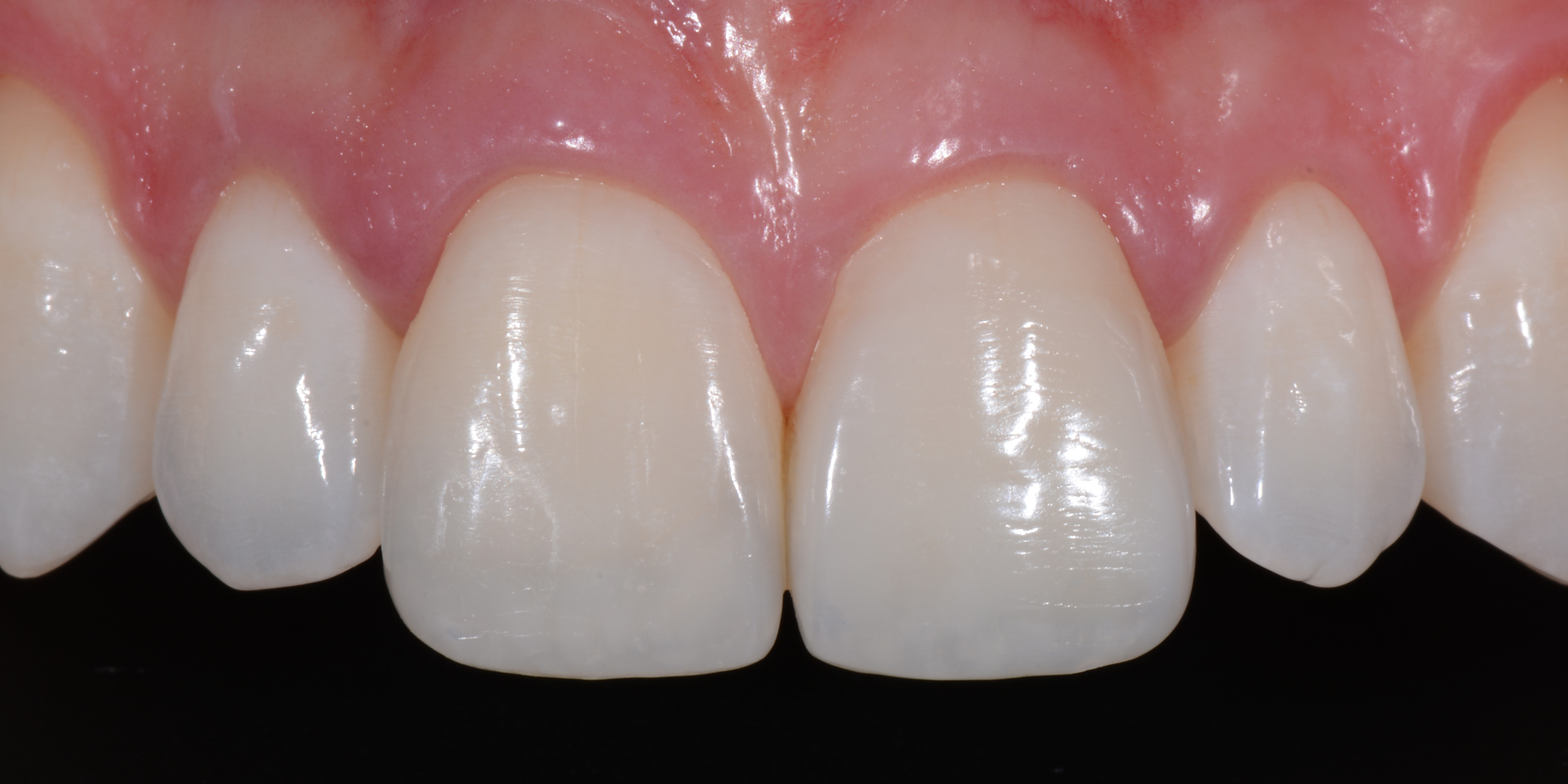
If you see staining in between the teeth, then maybe the dentist has struggled a little bit with manipulating and controlling the material in that area. And you should also be checking how the composite finishes at the gum line because you need to make sure that there are no ledges, that it finishes smoothly, and the surface is highly polished. Because this will allow you to keep them clean, which will therefore mean that your restorations will last longer than those that are not kept clean.
" The one thing you should look out for is an aesthetic improvement "
And if you’re wanting a specific dentist to do your composite bonding and you’re wondering how you can find their composite bonding cases, then their social media channels are a good place to start. A simple before and after (which you’ll find on any dentist’s Instagram) will help you determine the quality of their composite bonding skills. It’s also useful to see the other treatment cases they’ve done, testimonials from other patients and even testimonials from other dentists.
But ultimately, what you want is to sit down with your dentist and allow them to elaborate and explain the procedure. Remember to ask them for their reasons for choosing that particular procedure and what the benefits of them performing the composite bonding on your teeth will be.

Does composite bonding require a specialist dentist?
Contrary to popular belief, composite bonding isn’t some form of specialist dental treatment. Most, if not all, dentists can perform composite bonding. Like with anything in life, some will be doing it at a basic level and some dentists will be performing composite bonding at a higher level.
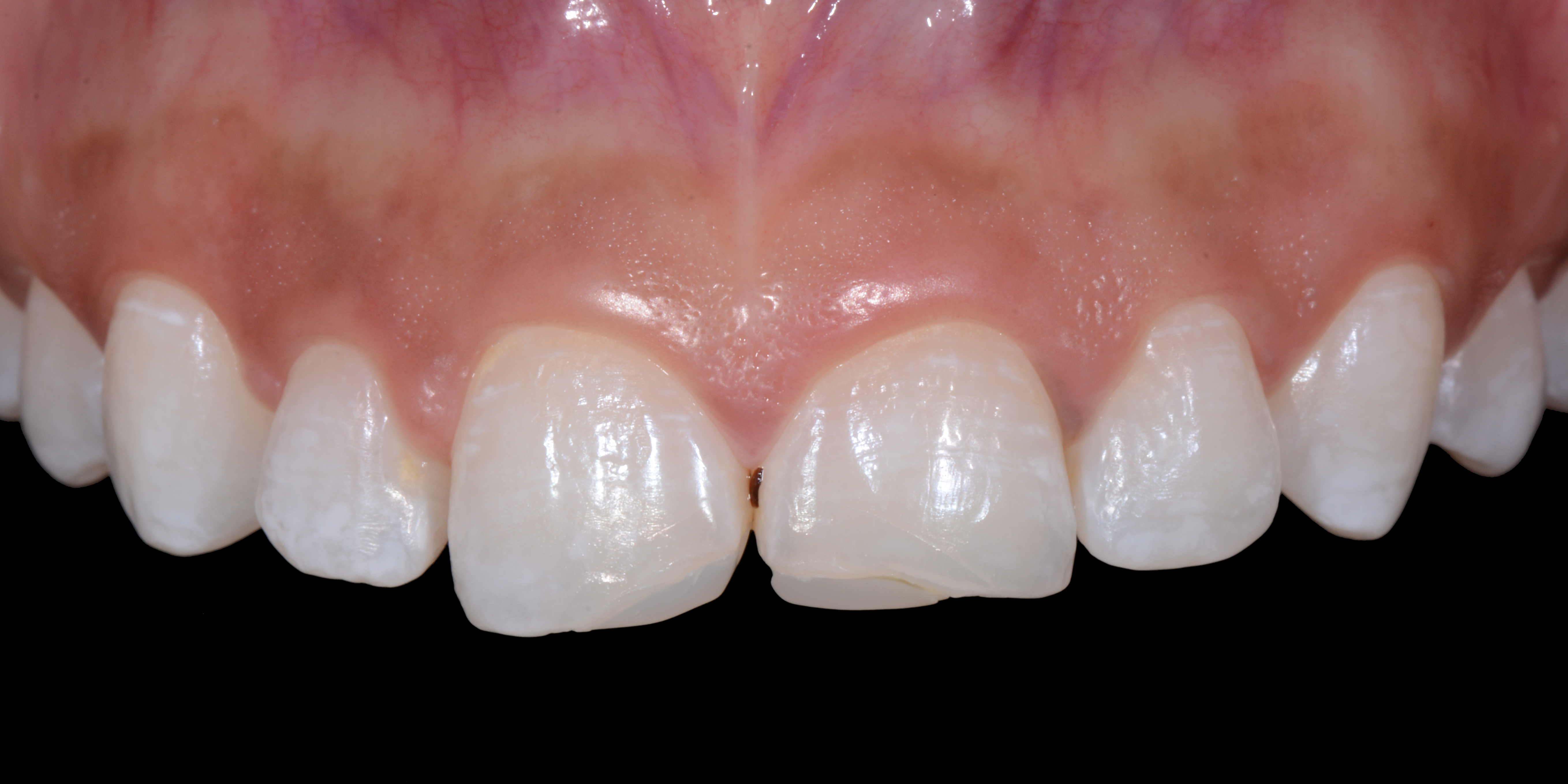
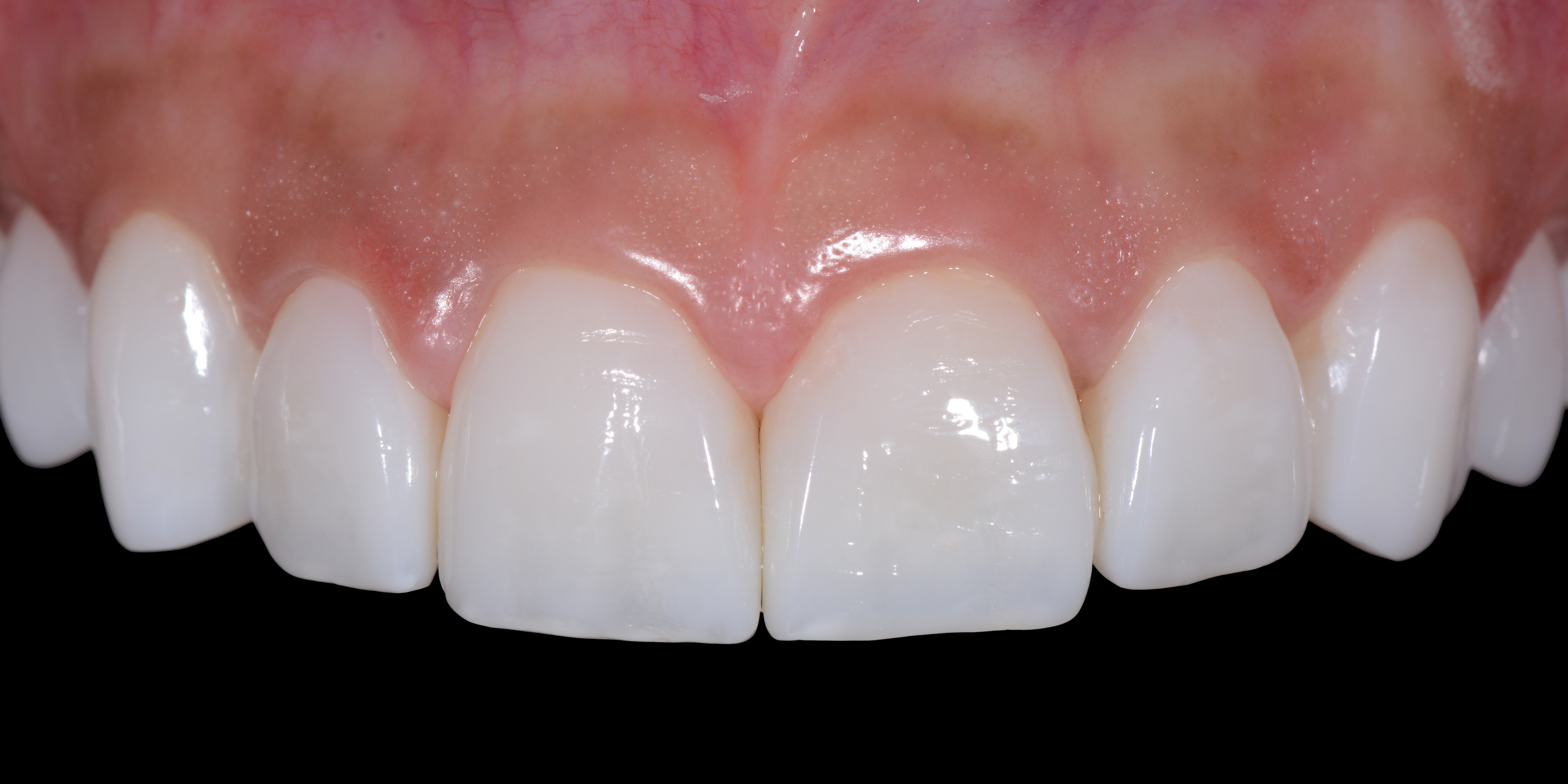
First understand through your research what level of composite bonding you’re expecting from your treatment. This may take some time, but it’ll be well worth it. You can easily find everything you need in order to make an informed decision if you look at the right channels. For example, your chosen dentists’ website, their commitment to continued education and training, their affiliations and as I mentioned before their before and after cases.
Once you’re happy with what you’ve found, you’ll need to go and visit these dentists. Have an assessment done and see whether composite bonding is right for you. And if it is, then the dentist will be able to provide you with more detailed information on how they can give you the smile you want with the help of composite bonding.
How much does composite bonding cost?
When it comes to the price of composite bonding it’s pretty much the same as any other dental treatment. There’s no set price and it will vary from practice to practice.
" In the end you get what you pay for "
There’ll be dentists who are going to be on the more affordable/budget side of the spectrum for composite bonding and there will be dentists who will charge a lot more. The price your dentist charges ultimately come down to skill, the kind of artistry and level of detailing in their composite bonding. And in the end, like with anything, you get what you pay for.
› DIG DEEPER ‹
![]()
Learn more about the Enlighten Teeth Whitening System HERE.
And to find an Enlighten whitening expert near you, hit the link below.
FIND A DENTIST

Or if it’s mini smile makeovers you want to dig deeper into, then give it a click right HERE.
_________________________________________________________________________


